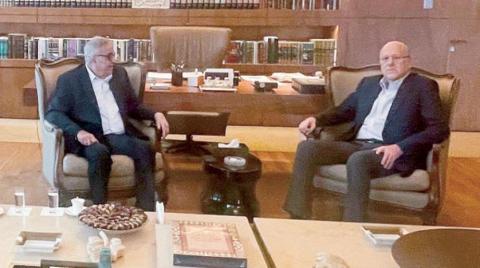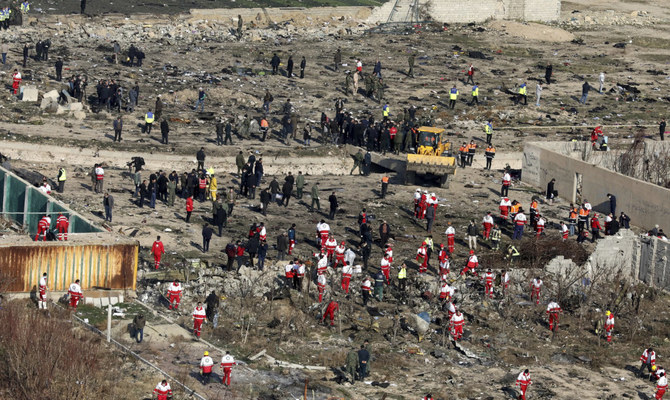
A group of 218 Kenyan tea plantation workers have filed a complaint with the UN against Unilever, alleging that the multinational violated international human rights standards by not adequately assisting its employees, who were attacked when ethnic violence broke out following a disputed election in 2007.
The workers say that Unilever, known in the UK for its PG Tips brand, breached its obligation to remediate any human rights abuses to which it has contributed, which is central to the UN’s guiding principles on business and human rights, and which the company has endorsed. They request the UN’s working group on business and human rights to make a declaration to this effect, and to call on the company to provide redress.
Unilever “strongly reject[ed] any allegation” that it violated the principles in the case of the tea workers, a spokesperson said, and “provided significant support to those employees impacted”.
The workers lived on a plantation in Kericho, in western Kenya, operated by a Unilever subsidiary and at that time hosting more than 10% of the company’s global workforce. Most were from the Kisii tribe, which is not indigenous to the area. After the 2007 presidential election, violence broke out across Kenya, leading to more than 1,300 deaths nationwide.
In Kericho attackers invaded the plantation and assaulted hundreds of workers and their families. Seven people died, and others were raped and seriously injured, according to the complaint.
“This was the most serious known case of human rights abuse suffered by the largest concentration of Unilever workers anywhere in the world,” it said.
Following the violence, Unilever closed the plantation temporarily and sent workers home. The victims say they were not paid for six months, “exacerbating their situation”. They brought a court case in the UK, but in 2019 the supreme court declined jurisdiction, saying Unilever’s Kenyan subsidiary was responsible for risk management of any crises and as such any case should be heard in Kenya.
The court’s decision confirmed that Unilever “can’t be held responsible for what happened”, the company’s spokesperson said.
Daniel Leader, a lawyer with Leigh Day, the firm that filed Thursday’s complaint on the victims’ behalf, says that Unilever “relentlessly hid behind its corporate structure” to prevent the case proceeding in the UK. The complaint requests a UN statement on “litigation strategies used by parent companies to distance themselves from subsidiaries and shield themselves from liability for human rights abuses occurring in their corporate group”.
This is one of the first times an African community has brought a case to the UN working group, Leader said.
“A lot of these issues and abuses take place in Africa, where impunity is a big issue,” he said. “If even companies who are claiming to be world leaders in the [principles] are flouting them when faced with actual victims, then that’s a big problem.”












